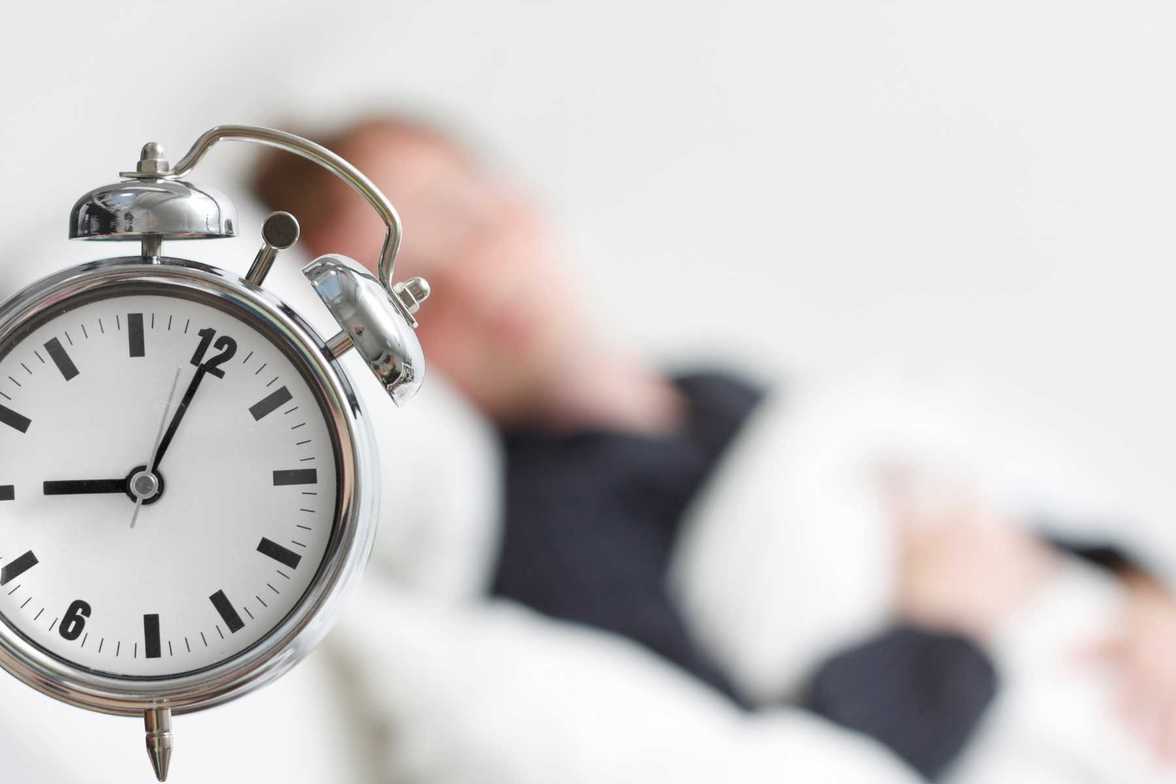
Rethink Your Sleep: Align with Your Body’s Natural Rhythm
In the hustle of daily life, sleep can feel like just a quick “pause” button, but it’s actually the foundation of our health. When we understand the science of sleep—especially our body’s natural circadian rhythms—we can start to sleep smarter and live better.
Circadian rhythms are like our body’s internal clock, guiding our sleep-wake cycles and influencing everything from alertness to hormone levels. Factors like meal timing, light exposure, and exercise can all work in harmony with these rhythms to support better, deeper sleep. Here are some practical tips to help you sync up with your body’s natural clock and optimize your rest.
Set a Regular Sleep Schedule
Going to bed and waking up at the same time every day (yes, even on weekends!) is key for a steady circadian rhythm. This simple habit can improve your sleep quality over time, making it easier to wake up refreshed.
Morning Sunlight + Evening Dim Light
Start your day with natural light to reset your internal clock and tell your body it’s time to wake up! Open the curtains or get outside in the morning—sunlight does wonders for energy and alertness.
As evening approaches, reduce your exposure to artificial light, especially from screens. Blue light from phones and tablets can disrupt melatonin production, keeping you awake when you want to be winding down. Try using a blue light filter on devices or switch to dim lighting as bedtime nears.
Mindful Meal Timing
When it comes to food, timing is everything! Try to avoid heavy meals close to bedtime, as they can interfere with restful sleep. Eating dinner a few hours before bed and opting for light snacks if needed helps your body wind down naturally.
Exercise at the Right Time
Regular exercise is fantastic for sleep, but timing is key. Morning or afternoon workouts can help you sleep soundly, but strenuous exercise too close to bedtime can keep you wired. Aim to get your sweat on earlier in the day for optimal rest.
Create a Sleep-Friendly Space
Make your bedroom your sanctuary for sleep. Keep it cool, dark, and quiet to signal to your body that it’s time for rest. Blackout curtains, earplugs, or a white noise machine can all help, and don’t forget the basics—a comfy mattress and pillows go a long way.
Limit Caffeine & Stimulants
That late-afternoon coffee might be keeping you up. Try to keep caffeine and other stimulants to the morning, so they don’t interfere with your natural sleep cycle.
Listen to Your Body’s Cues
Our bodies often give us clues about when it’s time to wind down. If you find yourself getting drowsy in the evening, take it as a natural cue to start your bedtime routine.
Address Pain that Disrupts Sleep
If pain is keeping you up at night, it may be time to seek some extra support. Persistent discomfort can really interfere with restful sleep, but with a personalized treatment plan, we can help address the root causes of pain to restore comfort and promote better, deeper rest.
By making these small adjustments and aligning your daily routine with your body’s natural rhythm, you can create a sleep pattern that’s restorative and energizing. The goal? To feel refreshed and balanced, naturally.
The content in this blog is for informational purposes only and is not a substitute for professional medical advice, diagnosis, or treatment. Always consult your doctor or a qualified healthcare provider before trying new healthcare protocols.

Jaquelyn Taylor
Contact Me



